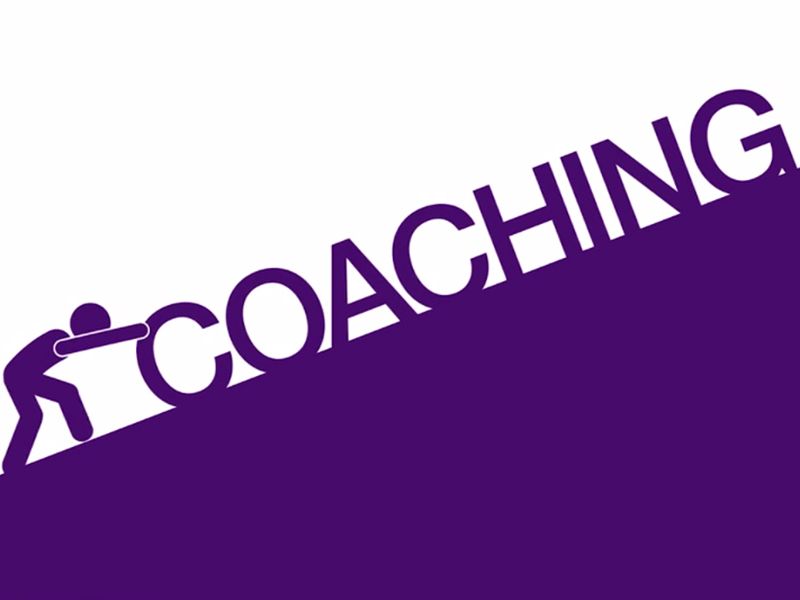There is no doubt that coaching offers benefits for employees and managers at any level in an organization. It is also widely recognized that the best leaders, those in the C-suite of any organization, are most effective when they also focus on personal and professional development throughout their careers.
Over the last two decades, the use of executive coaches has increased dramatically for leading organizations. In a recent paper completed by McDermott + Bull, it was noted that between 25 and 40% of all Fortune 500 companies use executive coaches to enhance their upper level management and leadership teams and professionals.
Why Coaching?
One of the many reasons that executive coaching is so effective in building skills in already established leaders is the confidentiality and customization of the process. An executive coach is not a mentor and is not a trainer. However, the coach works in collaboration with the executive, asking questions that undercover more than the surface and supporting change.
The relationship between an executive and an executive coach is like no other. The coach provides a confidential place for the executive to explore both strengths and weaknesses, something that is very difficult to do in other types of training or working relationships.
Exploring weaknesses is a humbling experience. It can lead to vulnerability, particularly for those who are seen as the decision makers in organizations. The coach provides a safe, protected space to acknowledge these weaknesses and to build skills and practices that address the deficits while also celebrating and supporting leadership skills and strengths.
The coach is also there to provide a challenge for the executive, asking the key questions to develop deeper into understanding the personal or professional goals that not only benefit the executive but also improve their ability to work with others. Through the process, leaders become more self-aware and learn how to maximize their talents and skills to move their team and themselves forward.
The Sky is the Limit
Often executive coaches help leaders who may want to make a change but feel stuck or unable to begin the process. In working with the coach, the executive has a sounding board to try out ideas, consider options, and be creative and out-of-the-box in developing alternatives and plans.
Most executive coaching programs are conducted over several months or even years. This provides the time and the space to see profound personal growth and development that moves leaders from where they are to levels they never expected to achieve.

